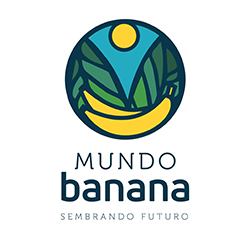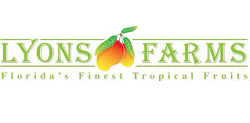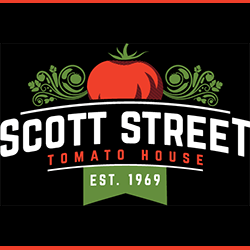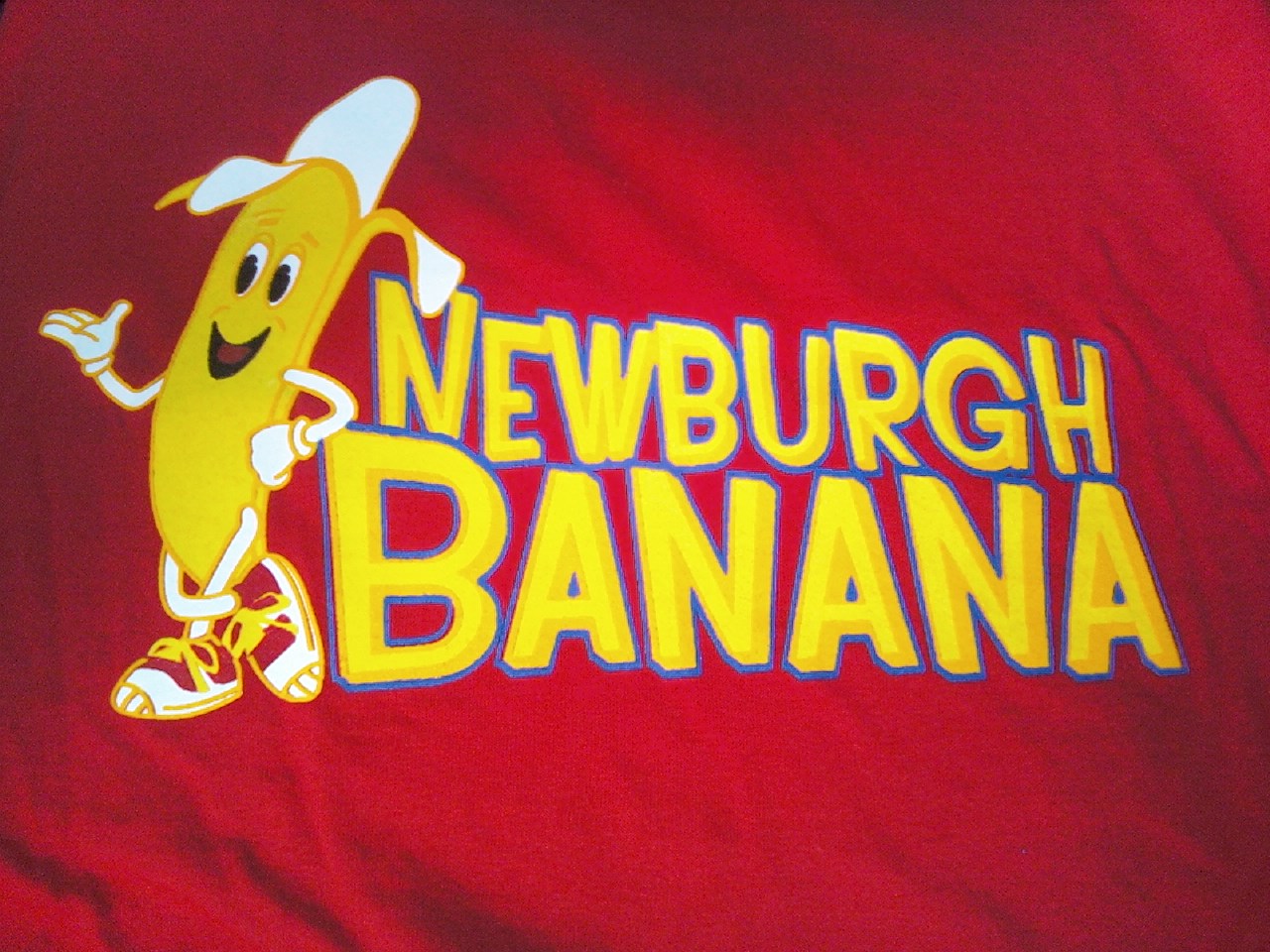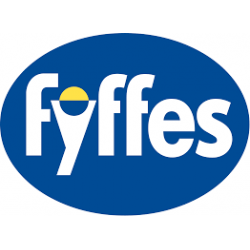As temperatures cool, bananas come back into focus for consumers, said Kim Chackal, vice president of sales and marketing for the Montreal-based Fairtrade International-certified company Equifruit.
“Once we no longer have watermelon on the brain, that's when we start to think about bananas again, especially after the holidays in December, because that's typically when people are making commitments to improve their health,” she said, noting a significant spike in sales from January to June.
It's during that time that retailers need to put the focus back on bananas, Chackal said, but retailers don't need to worry about discounting bananas to drive sales.
“The hope, I think, is to drive the category,” she said. “But from my discussions with retailers, it doesn't have that effect. If anything, it might be a temporary thrill for the consumer, but I don't even think they're paying attention. Bananas are already the cheapest item in the basket by a mile, so bringing them down by another 8 or 10 cents a pound has zero effect on tonnage.”
Anthony Serafino, president and principal at North Bergen, N.J.-based Exp Banana LLC, agrees, noting a lot goes into getting a perfect banana from harvest to shipping to ripening all before it hits the produce department.
“A lot of retailers use it as a loss leader, which should not be the case,” he said. “I've always said bananas should always be priced appropriately, giving the delicacy it needs to market such beautiful products.”
Chackal said a major challenge to marketing bananas for Equifruit is convincing retailers that bananas are not sold on price and that adding an additional $5 a year to a consumer's shopping basket is a worthwhile endeavor to support fair trade initiatives.
“There is a clear belief in the industry that bananas are sold on price, that the consumer is paying attention to the price point, that they're making judgments about the retailer based on their banana pricing structure,” she said. “I have seen our retail partners raise the price of bananas successfully over and over again, and even drive the category, because they're taking one of the highest touch points in the entire grocery store, and they're using it as a platform to position themselves as a leader in sustainability.”
Equifruit works with Costco in the U.S. and many retailers in Canada, and Chackal said retailers have responded positively to Equifruit's marketing campaigns, which often feature bright and playful graphics.
“I think they find our approach to marketing a sustainable product like fair trade bananas very refreshing and very unique, and it's giving them the confidence to consider what's really traditionally seen as a very scary decision — to change their banana prices at the retail level,” she said.
Current supplies
Serafino said he expects prices to increase soon, as he's seeing a steady supply of bananas, but demand needs to follow supply.
“We're seeing demand outselling the supply,” he said. “Some people are short on fruit, and that's the worst thing for a retailer — an empty supermarket.”
Trends
Interest in organic bananas continues to grow, Serafino said.
“More people are more health conscious,” he said. “We definitely feel that that's a sector of growth. You're seeing different commodities that companies are really trying to diversify and be an organic label.
Juliana Furlan, chief marketing officer for Chiquita North America, said those health-conscious consumers also look to plant-based diets and clean-label options.
Furlan points to Chiquita's Yelloway project, which produces disease-resistant organic bananas with a lower carbon footprint.
“People are focusing on healthier, simpler foods that are natural and sustainably sourced,” she said. “There's a growing awareness of sustainability more broadly, with consumers showing interest in brands that prioritize environmental and social [sustainability].”
Bil Goldfield, Dole's director of corporate communications, said another noticeable trend is that consumers' interest is expanding beyond the traditional and iconic cavendish banana.
“Whether exploring cooking with plantains, baking with manzanos or just packing school lunches with adorable baby bananas, we are witnessing an uptick by young millennials and Gen Z in discovering the distinct, nuanced flavors of these more niche bananas,” he said.
Noteworthy upcoming promotions
Goldfield said Dole celebrated its 125th Banana-Versary this year, and its bananas feature a special sticker to mark the occasion throughout the U.S. and Canada.
“We're also working with retailers throughout North America to bring the Dole 125th Banana-Versary to shoppers through dedicated displays, point-of-purchase materials and other in-store activations,” he said.
Retailers can also expect to see Chiquita promote its Small Change, Big Difference initiative, partnering with the American Cancer Society to raise funds and awareness for breast cancer prevention and detection.
“As part of our campaign, we've replaced our iconic blue sticker with a pink sticker, featuring the pink ribbon on over 200 million bananas worldwide,” Furlan said.


